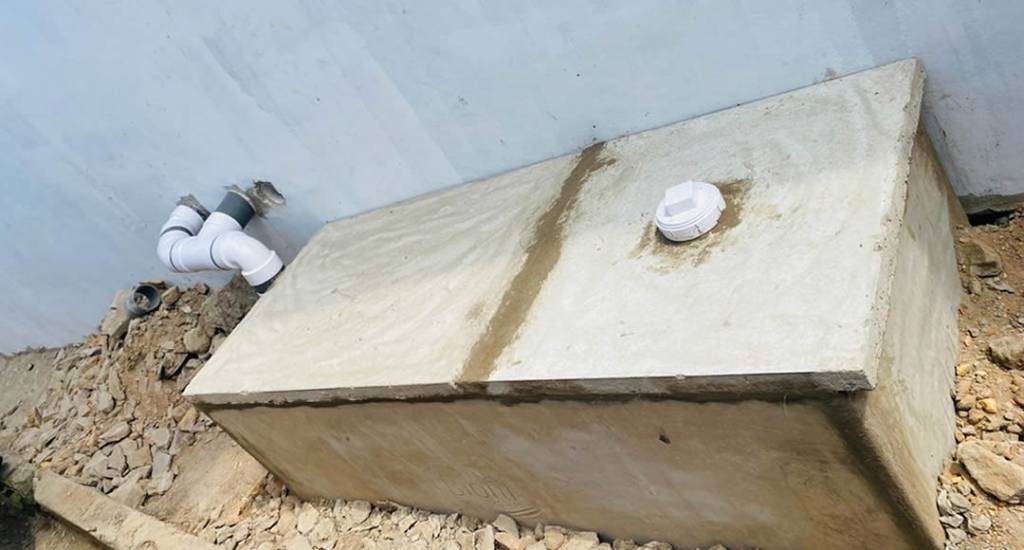Bio digesters provide innovative and sustainable solutions for waste management and renewable energy production. These systems, however, require regular maintenance to ensure optimal performance and longevity. In this comprehensive guide, we will provide you with five essential tips for maintaining your bio digester. By implementing these practices, you can maximize the efficiency and lifespan of your bio digester, contributing to a cleaner and greener future. Let us dive into the world of bio digester maintenance and uncover the key steps to keep your system running smoothly.
1. Regular Inspection and Monitoring
Performing regular inspections and monitoring is the foundation of effective bio digester maintenance. Visually inspect the system for signs of damage or leaks. Monitor gas, temperature, and pH levels to identify any irregularities. Regular checks allow for early detection of issues, enabling prompt repairs and preventing more significant problems down the line.
2. Optimizing Feedstock Management
The type and quality of feedstock fed into the bio digester greatly impact its performance. Proper feedstock management is crucial for maintaining efficiency and stability. Learn the importance of avoiding contaminants, maintaining a balanced mixture of organic waste, and adjusting the feedstock composition based on the digester’s requirements. By adhering to proper feedstock management practices, you can enhance the overall performance of your bio digester.
3. Routine Cleaning and Maintenance
Regular cleaning and maintenance are vital to prevent clogging, remove accumulated solids, and ensure smooth operation of the bio digester system. Learn about sludge removal, sensor cleaning, and system flushing techniques.
4. Consistent System Upgrades and Optimizations
Technology advancements and emerging research make regular system upgrades and optimizations crucial for the efficiency and safety of your bio digester. Learn about the benefits of upgrading your system, improving efficiency, enhancing safety features, and incorporating new innovations. By staying informed and implementing necessary upgrades, you can ensure that your bio digester remains at the forefront of sustainable waste management technology.
5. Effluent Monitoring
Effluent management is a crucial aspect of bio digester maintenance that ensures the proper disposal and treatment of the digested waste. Effluent refers to the liquid byproduct that is generated after the bio digester breaks down the organic matter. Proper effluent management helps prevent contamination of the surrounding environment and optimizes the overall performance of the system.
To effectively manage the effluent:
– Regularly monitor the effluent quality, including its color, odor, and suspended solids content. Any significant changes in these parameters may indicate a problem within the bio digester system.
– Implement appropriate filtration and separation mechanisms to remove solids and ensure the effluent meets the required quality standards before discharge.
– Consider recycling or reusing the treated effluent for non-potable purposes such as irrigation or flushing, if regulations permit.
– Follow local regulations and guidelines related to the disposal of the effluent. Some regions may require additional treatment or disinfection before releasing the effluent into the environment.
By prioritizing regular effluent management, you can maintain a healthy and efficient bio digester system while ensuring responsible waste disposal practices.
Maintaining a bio digester requires consistent effort and adherence to best practices. By following these five essential tips for bio digester maintenance, you can maximize the efficiency and longevity of your system. Regular inspections, proper feedstock management, routine cleaning and maintenance, regular system upgrades and optimizations, regular effluent management. By implementing these practices, you not only contribute to a cleaner environment but also harness the full potential of bio digesters in waste management and renewable energy production. Invest in the proper maintenance of your bio digester, and embrace sustainable solutions for a greener future.


